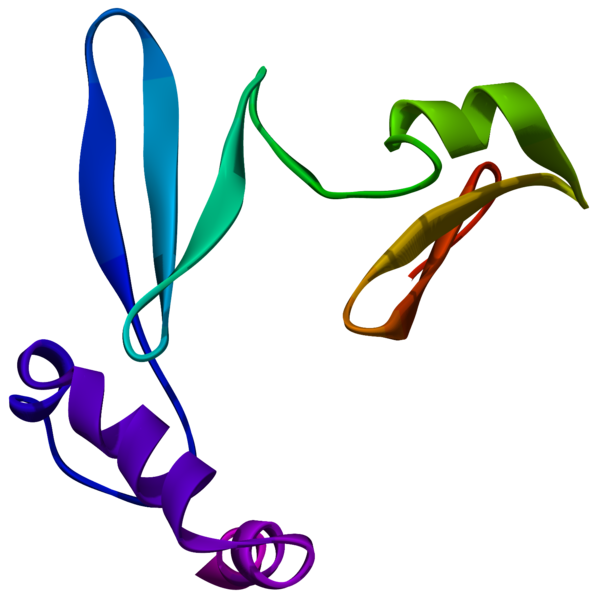Have you ever been craving a specific food item all day and your stomach is growling because your last meal was way too long ago? At this point, someone who is simply looking at you the wrong way can infuriate you. Eating is critical to our daily lives, but when some of our schedules make it difficult to find the time for a snack, or our meal preferences swing a particular way (ie. towards junk food), this can exhibit a wide range of effects on our body.

Fries. Retrieved from: https://pixabay.com/photos/french-fries-fast-food-junk-food-250641/
Everyone has heard of the phrase: “Breakfast is the most important meal of the day”, but how many of us actually live by this advice – or have the time to? It has been found many times that aside from the cognitive improvements that eating breakfast has, there is also a mood factor associated with it. Further studies have also analyzed the content of breakfast meals and their relationship with mood. A study by Lloyd et al. (1996) discovered that the consumption of low fat high carbohydrate (LFHC) food in the morning resulted in a more positive mood than high fat low carbohydrate (HFLC) food, affecting the participants’ ratings of being “muddled”, “uncertain”, “drowsy”, and “tense”. This shows that depending on what we consume, different emotions can be experienced.

Breakfast food. Retrieved from: https://pixabay.com/photos/breakfast-orange-juice-bread-1804436/
Now from a scientific standpoint, what is the reason for an individual’s negative mood when they experience hunger? This rather unpleasant state may be more commonly known by the term “hangry”. When you are hungry, your body undergoes a drop in glucose levels, leading specific signals to be released from pathways in the brain. Some of these pathways are activated both when we are hungry and when we feel the emotion of anger, leading to the hangry interpretation.

Angry person. Retrieved from: https://pxhere.com/en/photo/1384125
Additionally, studies have shown that various bodily sensations (like a clenched stomach, for example) occur in both the hungry and angry states, essentially “tricking” our mind into thinking we are enraged when we are only just deprived of food. Although this may be the case, our external environment is also a main contributor. Situations that are not negatively stimulating will be less likely to induce the angry feelings; you will be much more prone to misattributing the feelings when enduring external stress.
During the onset of hunger, our body releases the hormone ghrelin, increasing our appetite and inducing the hungry state. The inability to satiate the cravings that accompany hunger leads to its own host of negative side effects, such as fatigue and irritability. And when those effects come along, anger is not far behind.

3D representation of the hormone ghrelin. Retrieved from: https://commons.wikimedia.org/wiki/File:Ghrelin-3D-predicted.png
So the next time you are feeling a bit more sluggish or annoyed throughout the day, think about when you last ate and what it was that you consumed. For those who are terrible at getting in that crucial morning meal (including me), consider sacrificing a few minutes of your precious sleep to eat a healthy, nutritious breakfast!



